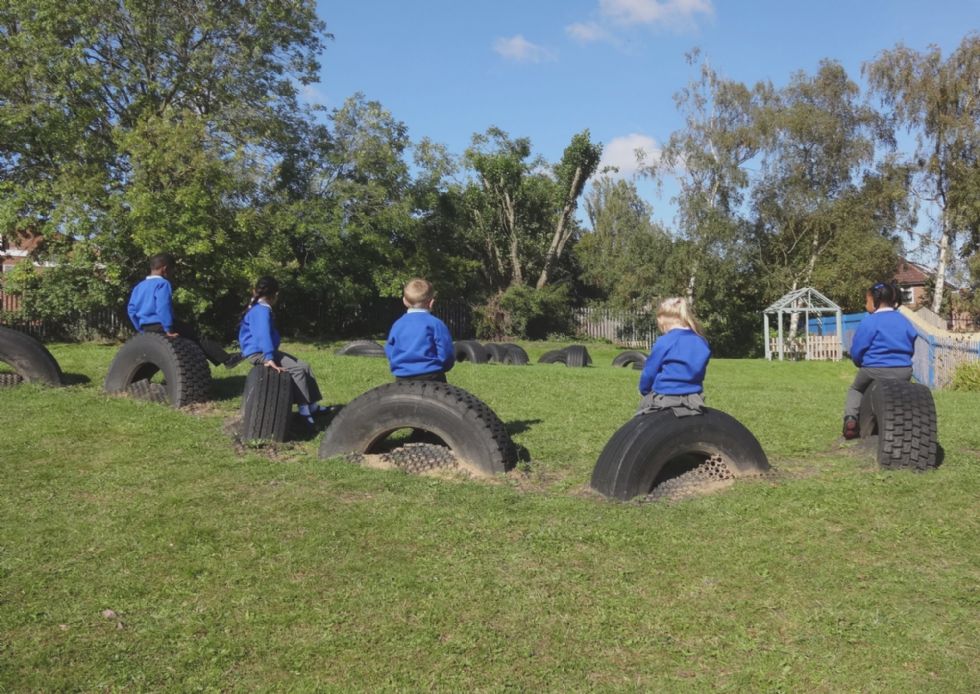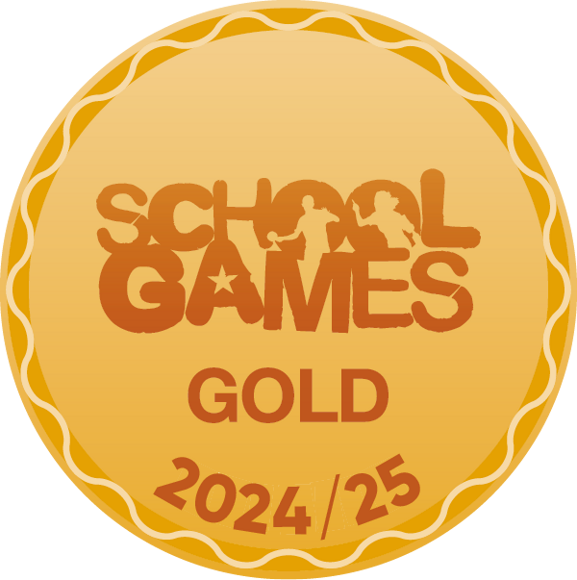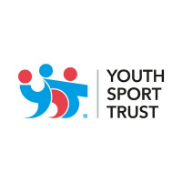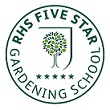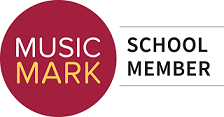Maths
"A person who never made a mistake, never tried anything new.”
Albert Einstein
Mathematics is a creative and highly inter-connected discipline that has been developed over centuries, providing the solution to some of history’s most intriguing problems. It is essential to everyday life, critical to science, technology and engineering, and necessary for financial literacy and most forms of employment. A high-quality mathematics education therefore provides a foundation for understanding the world, the ability to reason mathematically, an appreciation of the beauty and power of mathematics, and a sense of enjoyment and curiosity about the subject. (NC 2014)
WE CAN provide teaching that develops knowledge and skills so children can learn and progress effectively
In Year 1-6, Maths is taught continuously in blocked units. In Reception, it is regularly taught under the specific area of Mathematics.
The curriculum is planned so that through each unit of Maths, children build on previous learning through a series of carefully planned lessons. Pupils use these vertical links to support them to build competence in maths. Units begin with children becoming fluent in the fundamentals of mathematics so they can recall and apply knowledge rapidly. They then move onto reasoning, where children develop arguments, justification and proof using mathematical language. Lastly, children will be asked to solve problems by applying their mathematics in order to seek solutions.
In the EYFS, children learn to develop a strong grounding in number. They are taught to count confidently, develop a deep understanding of the numbers to 10 and look at patterns within those numbers. They are encouraged to use appropriate vocabulary and are given opportunities to reason across all areas of mathematics.
In Key Stage 1, the focus is on ensuring children have confidence and mental fluency with whole numbers up to 100, counting and place value. Children work with numbers, words and the four operations in both practical and abstract contexts. Children will also develop their ability to recognise, describe, draw and compare different shapes using the related language. They will also understand different measures that can describe quantities such as length, mass, capacity, time and money.
In Lower Key Stage 2, the focus is on ensuring children become increasingly fluent with whole numbers and the four operations, including number facts and the concept of place value. It is at this stage, that children develop efficient written and mental methods to perform calculations accurately with increasingly large whole numbers. Children will also develop their ability to solve problems, including with simple fractions and decimal place value. Children will be asked to draw with increasing accuracy and develop their reasoning so they can analyse shapes and their properties. They will also be taught to use measuring instruments with accuracy and make connections between measure and number.
In Upper Key Stage 2, the focus is on ensuring children extend their understanding of the number system and place value to include larger numbers. This includes enabling the children to make connections between multiplication and division with fractions, decimals, percentages and ratio. At this stage, the children will be asked to develop their ability to solve a wider range of problems; here they will be introduced to the language of algebra as a way of solving a variety of problems. The teaching of geometry and measure consolidates previous knowledge and children learn to classify shapes with increasingly complex geometric properties.
Throughout the school, good Maths units will take children through carefully planned lessons that will enable them to use and apply their varied and rich knowledge to a range of reasoning questions and problems. Children will work practically and with paper; independently and collaboratively but always with a determination to succeed. When appropriate, horizontal and diagonal links are used to reinforce content and to ensure that children can connect their learning to make better sense of what they have learnt. For example, Year 4 will learn to read Roman numerals to 100 when learning about the Roman Empire in History. Opportunities for cross curricular learning are employed because it is an effective way to teach the children transferable skills and to increase their engagement.
Maths homework is set weekly. This allows children to develop their fluency at home with their families. Key Stage 1 children are encouraged to use the online platform, Numbots to improve their number-related facts. Key Stage 2 children can access Times Tables Rock Stars, which helps to improve their times tables knowledge at speed. Children can compete against each other and can use the leader board to compare their performance to others.
Some cross curricular links to maths may be made in the Foundation subject homework projects.
WE CAN offer enriching activities, event and experiences
Maths sometimes forms part of Whole School and Junior Leader Days, where children are immersed in particular content for the day.
WE CAN work together to remove barriers and ensure equality
Lessons are carefully sequenced to ensure that all children, regardless of their ability or confidence level, are able to progress. A wide variety of resources are used to support the content of lessons and adult support is given when needed. Those who are not sufficiently fluent with earlier material consolidate their understanding through additional practice before moving on. The most able mathematicians are challenged through a variety of tasks. Those who grasp concepts rapidly are challenged through rich and sophisticated problems before any acceleration through new content.
WE CAN build independent and resilient learners who are able to communicate confidently
Children are encouraged to develop a positive attitude and interest in Maths. They are reassured and when learning something new, they are supported to ‘have a go’, talk to their friends and adults and not be afraid to make mistakes. Maintaining a Growth Mindset is modelled and promoted.
Independence is encouraged and praised and mathematical vocabulary is taught and revisited in order for the children to use appropriately when communicating methods used or understanding of mathematical ideas.
WE CAN listen to and treat each other and all members of the community with respect, tolerance and concern
Children are taught to share their thoughts and theories about problems. They are taught to listen and respond with respect.
WE CAN recognise ability, maximise potential and prepare children well for their future and life in modern Britain
Understanding Maths is critical in everyday life. A high-quality Maths education therefore provides a foundation to understand the world and to appreciate its power. It is crucial for financial literacy in most forms of employment and children will need this when they start work in the future.
An interest in Maths at primary level is a foundation for secondary and it could spark a curiosity which could lead children into becoming an accountant, a banker, the next big game designer or even an astronomer!
Online Learning
MyMaths This website provides lots of maths activities that can be tailored to your child based on their age. There is a school and individual logon you will need to access this site which you should have been given. Should you not have it, please speak to your class teacher.
Timestables.me.uk This website allows the user to select the times tables that they wish to work on and set a time limit.
Timestables Speed Test This website is aimed at testing the speed at which the user can answer a question relating to the times tables.
Timestables Games A range of games aimed at reinforcing the different times tables.
Timestables Worksheets Create and print your own times table quiz.
Topmarks.co.uk A range of multiplication games aimed at children between 7 and 11.
Primaryhomeworkhelp.co.uk Interactive online games aimed at increasing the child’s knowledge of the multiplication tables.
Timestable Test Simulator All Year 4 children will have to sit an on-screen check from June 2020 (some schools may volunteer to take it from 2019). They will be expected to know their times tables up to 12 x 12 and will have to answer multiplication questions against the clock. This online test simulator will help children to practise their times tables so they are fully prepared for the check. It’s free, and you can use it as often as you like!
MathsChase Another way of practising your timestables!
Number bonds This game helps you practice your number bonds
Prodigy Maths - it's based in the US but has some great activities

